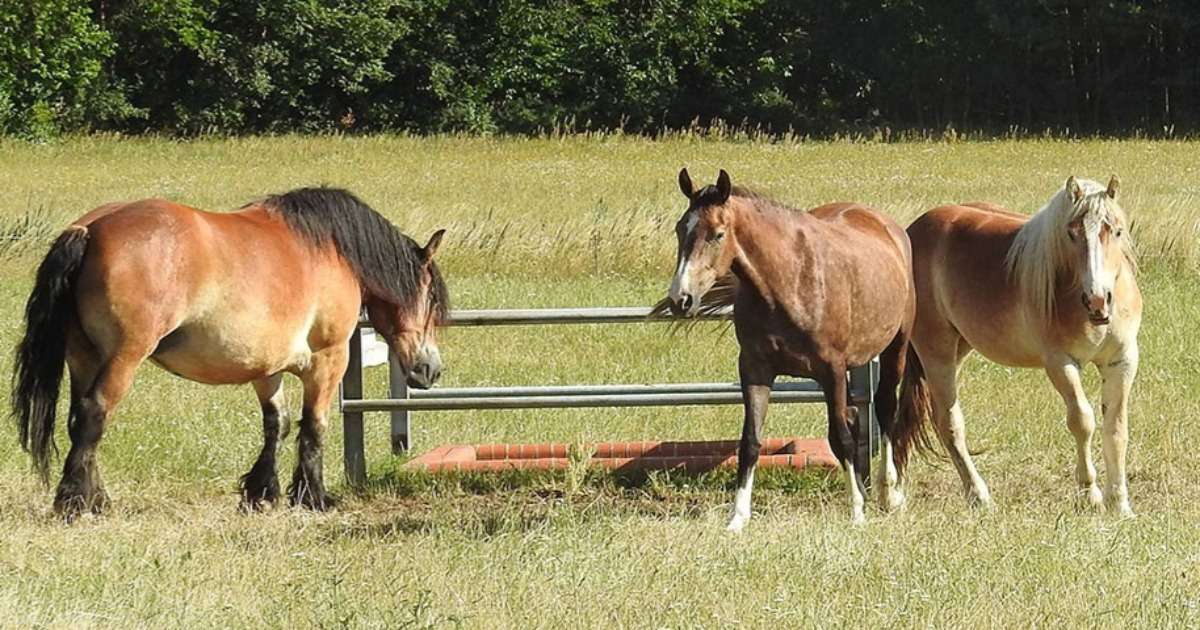
Unraveling primate behavior, why do monkeys rub their fur?
Did you know that tufted capuchin monkeys (Cebus apella) rub their fur vigorously with substances such as leaves, fruit, or insects? Such substances are often insecticidal, antiseptic, or anti-inflammatory.

Secret sex and promiscuity - Mating behavior of Rhesus monkeys
In Rhesus monkeys the optimal sexual strategy is different for Alpha males, other males and females. Alpha males want females to mate exclusively with them, whereas other males and females benefit from promiscuity.

Human-robot interaction in remote friendships and family relations
Don’t you miss the touch of a loved-one when they are far-away? Skype and a number of other communication channels are great solutions to talk and even video chat when you are apart.

Nurse patient interaction - two coding schemes
The world's population is ageing. International dementia and Alzheimer organizations state that there are an estimated 36 million people worldwide with dementia.

Friends with benefits - sociosexuality under investigation
Penke and Asendorpf (2008) used a large online study and a detailed behavioral assessment to investigate sociosexual behavior.

Infant behavior experiments
When a baby is born prematurely, this baby and his or her parents often experience a rough start. You can think about eating problems, high risk of infection, or even anemia.

Galvanic skin response, heart rate variability and more behavior on the inside
When it comes to measuring our emotional responses to food items, medical treatment, or works of art, our behavior does not always paint the whole picture.

Horse training methods: The importance of behavioral analysis
In equitation sciences, there are at least two training strategies: the ‘natural’ way of horsemanship that allows the horse to evaluate action and reaction and horsemanship that is based on ‘overruling’ of the animal.

Assessment and training – positive behavior change
In daily practice, it can be difficult to establish a long-term change in behavior. Most of the time, people are not aware of their behavior.

How research on Autism Spectrum Disorders is developing
Recent scientific research provides more and more understanding of behavioral challenges children diagnosed with Autism Spectrum Disorders (ASD) face.
